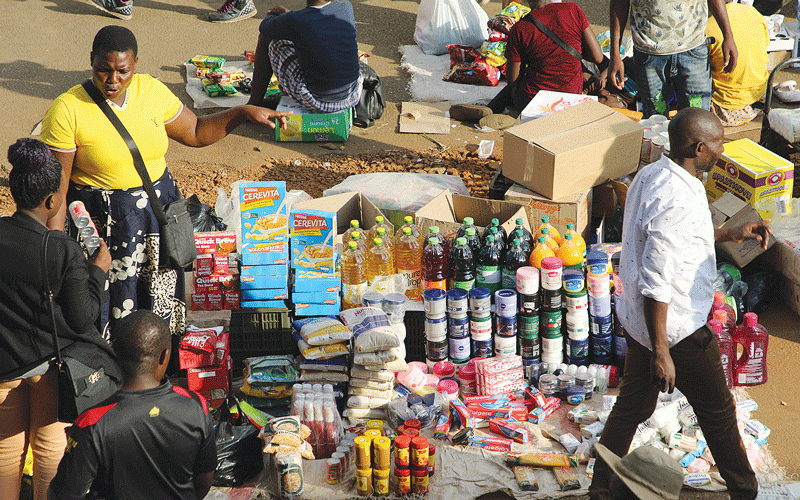
The ZIMBABWE Parks and Wildlife Authority (Zimparks) is set for a major boost in the next five years after the government secured a $5,8 million loan from the Global Environmental Fund through the World Bank in an effort to boost the Hwange-Sanyati Biological Corridor.
Melody Chimhau Own Correspondent
At a launch held at Hwange Main Camp under the theme “Community Participation for Sustainable Biodiversity Management”, the government emphasised that this programme was set to help the animals in the corridor since the population of the wildlife continues to grow.
According to an African elephant survey, there are 53 000 wild animals at Hwange National Park yet the carrying capacity of the park is 45 000, hence the need to extend the corridor.
The corridor stretches from Hwange and Chazirira National Parks through the Midlands.
Officially launching the project on Friday, Vice-President Phelekezela Mphoko said natural resources played a key role in the development of a country.
“The government recognises that natural resources play a key role in development at the local, regional and national levels,” he said.

“This project, therefore, presents an opportunity to enhance natural resources management, promote habitat connectivity and enhance the livelihoods of communities.”
- Chamisa under fire over US$120K donation
- Mavhunga puts DeMbare into Chibuku quarterfinals
- Pension funds bet on Cabora Bassa oilfields
- Councils defy govt fire tender directive
Keep Reading
The programme is set to focus on three environmental areas — biodiversity conservation, climate change and land degradation.
Mphoko noted that the government needed the community to participate in the project.
“The government would like to see communities living with our natural resources embarking in projects which will sustainably utilise and manage these resources.”
In the past, the area has been affected by a lot of poaching and other villagers destroying the natural habitats for timber.
Last year, 400 poachers were caught, including those involved in the cyanide poisoning of elephants at the Zambezi National Park.
The project covers an area of 5,7 million hectares and it will be implemented by the Environment, Water and Climate ministry and the Parks and Management Wildlife Authority, Environment Management Agency and Campfire.
The Environment, Water and Climate ministry permanent secretary Prince Mupazviriho said Hwange National Park would be financed in an effort to address issues affecting the park.
“The sub-component will finance investments that will improve park management and support essential research and monitoring,” he said.
“Strategic drilling of boreholes in the park will be done.”










